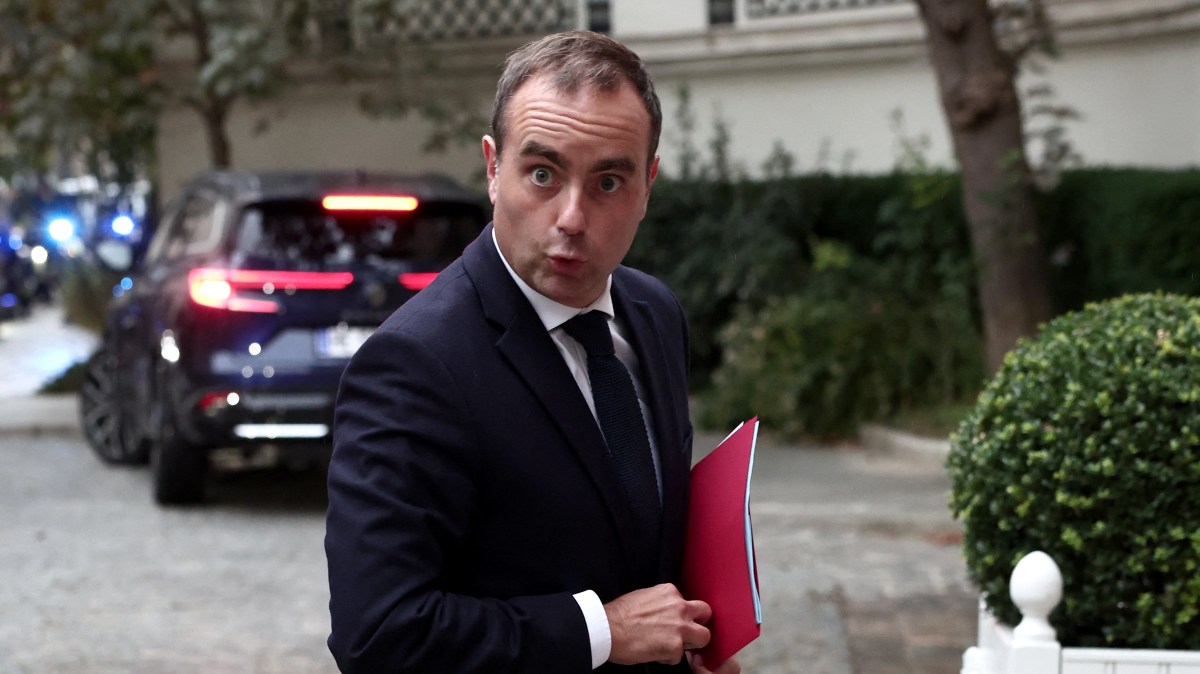France’s new prime minister is offering to water down President Macron’s hotly contested pension reforms in an effort to win left-wing support for a belt-tightening budget.
Sébastien Lecornu, a staunch ally of the centrist president, has been set the daunting task of rallying the Socialist Party and the conservative Republicans behind austerity measures aimed at reducing France’s colossal debt and deficit.
However, Macron’s seventh prime minister will be hampered by his closeness to the increasingly unpopular president and his own dismal approval ratings.
Sometimes called Macron’s “spiritual son”, Lecornu’s approval rating of 29 per cent is significantly below those of his two short-lived predecessors when they took office.
He has begun meeting party leaders to try to hammer out compromises palatable to the Socialists, who voted on Monday to topple François Bayrou, the previous prime minister, after he tried to push through a cost-cutting budget.
“We are going to have to change, be more creative and serious in our way of working with the opposition,” said Lecornu, 39, formerly the defence minister. He has already ditched Bayrou’s most unpopular proposal to scrap two of France’s 11 annual public holidays, which prompted public outrage.
The support of moderate left-wingers and conservatives would be sufficient to pass a 2026 budget without the backing of Marine Le Pen’s populists or the hard left.
The centre-left Socialists, who want to roll back Macron’s increase in the pension age to 64, have ruled out joining a coalition government to be formed by Lecornu. However, they have signalled a willingness to negotiate after he proposed to reopen cross-party talks on the pension reforms.
Another stumbling block on the path to consensus will be the Socialists’ demand for higher taxes on the rich, a move that is fiercely opposed by conservatives and business leaders.
However, the prime minister’s hopes of holding on to power were bolstered by the successful handling of nationwide protests on Tuesday, which failed to achieve their aim of bringing France to a standstill.
Bruno Retailleau, the outgoing interior minister who takes a tough line on law and order, was credited with overseeing effective police action and commentators predict he will keep his job in the next government.

Protesters from the “Bloquons tout” (Let’s block everything) movement faced police in Toulouse, southwest France
ED JONES/AFP

Participants took cover from a spraying water canon in Lille, northern France
JEAN-FRANCOIS BADIAS/AP
The protests are believed to have been whipped up by pro-Russian propagandists as part of Moscow’s ongoing campaign to destabilise France.
The previous day, pigs’ heads were left outside Paris mosques in what is thought to have been a Russian-instigated attempt to stoke racial and religious tensions. Two Serbs who have since left France are suspected of depositing the heads.

